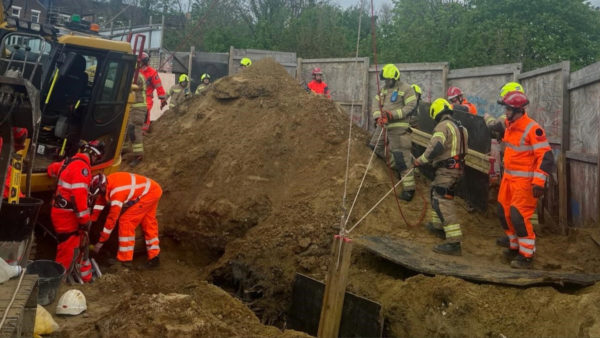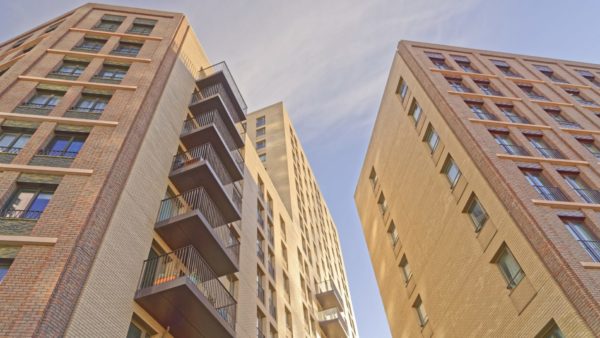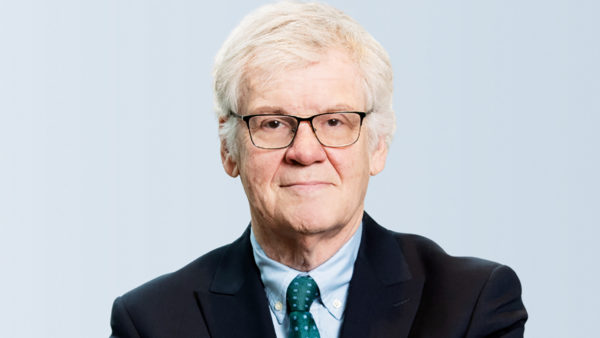President Li Shirong has challenged the CIOB to find a new definition of construction management that reflects its multi-faceted role in today’s industry
CIOB presidents are expected to challenge prevailing views within the Institute, and Li Shirong has lived up to that expectation. One of the challenges she announced when she started was to rethink the field of knowledge and practice for which we stand. From Li’s international vantage point, that field is “construction management”, and she believes we should decisively claim it as our territory. I’m sure she is right.
The Institute has, throughout its history, stood for professionalism in the management of the process of construction. I’m proud of the word “building” in CIOB’s title, and want it to stay there. But in the modern world, and in an international context, it does not do justice to the complexities of our members’ jobs. On the other hand, the term construction management already has wide international acceptance and, very broadly, serves to distinguish the role of CIOB members from their fellow built environment professionals.
CIOB members perform a wide variety of roles in the construction industry – and beyond it. This is equally true of the members of the other built environment professions. It is in the nature of modern professionalism that the spheres of interest of separate professions overlap, and that the terms used to describe them are somewhat arbitrary. But each profession needs a term which gives an indication of its centre of gravity and the nature of its distinctive expertise. We have embarked upon a process of discussion and consultation which we hope will result in an inclusive definition of construction management – one with which all CIOB members can be reasonably comfortable. Our general thinking is set out in a paper in the current issue of Construction Information Quarterly. The Institute’s Board of Trustees has now asked us to produce a prototype definition by the end of 2009, which will be tested and refined for presentation to both the Board of Trustees and an international conference in March. The resulting definition will be launched at the end of Li Shirong’s presidential year in June.
Our goal is to produce a definition that reflects the Institute’s wide footprint: embracing a hierarchy of systems from the site, to the project, to the multiplicity of projects within a construction programme, to the firm, to the industry, and to society as a whole.
The definition has to reflect the involvement of CIOB members in a value stream which begins with an idea and proceeds through the management of design, production, maintenance, restoration, multiple re-use, and eventual recycling. It has to reflect our crucial role in the stewardship of the built environment at a time of unprecedented environmental challenges. And it must encompass the multiplicity of specialist services which CIOB members provide.
Perhaps most important of all, our definition must embody the values for which the CIOB stands, and our commitment, expressed in research, education and knowledge-based practice, to improving the built environment, the quality of the services provided by the construction industry, and the quality of life of those who work in the industry.
The exercise is designed to benefit the Institute and its members in many ways. It will help to secure CIOB’s authoritative position across our field of knowledge and practice, and enhance members’ employability by explaining that domain of expertise to job recruiters. By highlighting the professional challenges inherent in our work – especially our relevance to issues of public concern like climate change – it will help to attract students to construction courses and careers; and help to shape our Education Framework.
It will also help to raise the profile of construction management research, and our standing in the academic community and in the eyes of government.
John Bale PPCIOB is emeritus professor at Leeds Metropolitan University








